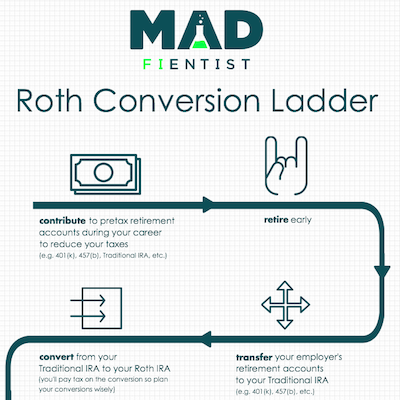Well you were lucky then. But someone that didn't invest at all last year missed out bigly.Yes, statistically most of the time this the right approach. It's just that we're such a unique situation with everything going on that one might not be comfortable with that approach and it might be with good reason (i.e. we all know that Georgia election is coming up which has implications for policy for the next couple of years).
Last year, I didn't max out my ROTH IRA in the beginning of the year (you could say by chance, but I also normally don't do this all in the beginning of the year). In Mid-February, after hearing news about the virus worldwide before it hitting the US, I wisely decided to wait because of the potential major implications to the market (I remember literally thinking how bad this could get and decided to buy a shitload of stuff from Costco just in case, including toilet paper lol). I was correct in this assessment and did most of my contributions in the proceeding months after March (not at the low, but still benefited a lot).
Either way if you're in for the long haul it shouldn't make that much of a difference. The really bad idea is to sell.




